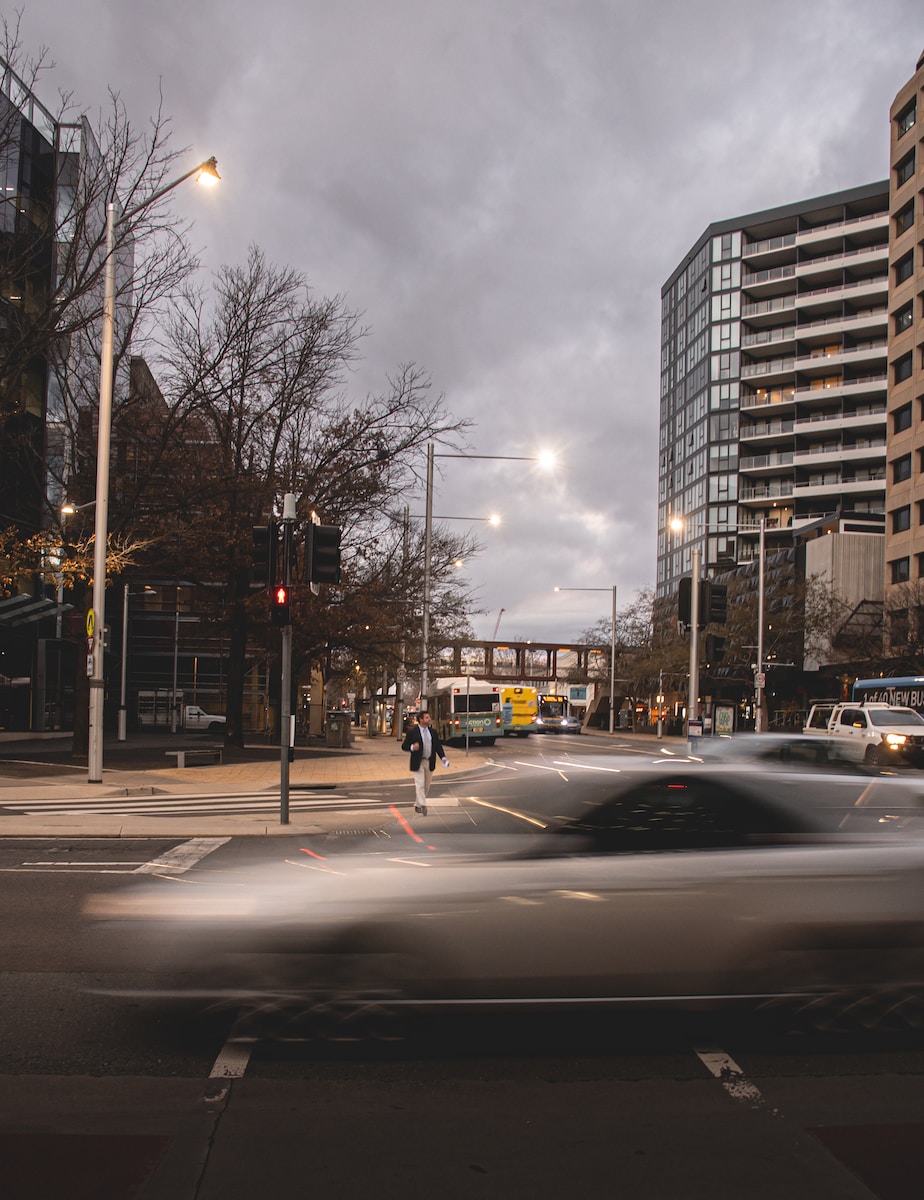Substance use can pose challenges for individuals, even without a severe dependency. It becomes problematic when it begins to affect crucial aspects of daily life, such as work, family, and friendships, even in the absence of full addiction.
Given that the root causes of substance abuse vary from person to person, tailored treatment services are necessary to address the unique needs of individuals struggling with substance abuse.

The effects of alcohol and other drugs on the body can be relatively predictable and easy to replicate, so people often use certain substances to elicit a certain response and change in how they feel. These changes due to substance use generally only affect a person in the short term, so to continue to achieve the desired outcome, a person may begin to use a substance more and more frequently. It is at this point that some people can develop addictions to certain substances, whether it be a behavioural addiction, physiological addiction or psychological addiction.
Continued substance abuse may have an appeal to an individual as it meets their needs in some way. However many individuals who use substances also experience significant negative impacts from their use.
Common negative impacts of substance abuse can include:
Financial impacts and higher expenses to obtain and use substances
Health problems
Psychological problems (i.e. depression, anxiety)
Social isolation
Impact on work, school or home responsibilities
Feelings of being controlled
Poor role modelling for children
Using more than originally intended, feeling out of control of use
Problems with the law
Problems with safety
Needing the substance to cope with everyday life or specific experiences
Organising events or needs around substance use
Tolerance to substances, needing to increase amounts to feel the same effect
Feeling sick or moody without the substance
Seeing a psychologist can help you to manage your decision to stop or reduce your substance use. A psychologist can help you to work towards living a life that you choose, that is meaningful and fulfilling.
Additional substances we can help with
Substance use is typically thought of as use of alcohol and illicit drugs, however a psychologist can also assist you in your management of other substances including:
Tobacco
Over-the-counter medications
Prescription medications (for non-prescriptive use)
Caffeine
Sugar
Match with a Psychologist
Steps you can take
Contact us at Strategic Psychology via phone, email or drop in to our office to schedule an initial appointment to see one of our experienced psychologists to begin addressing problematic substance use.
No referral is needed to make an appointment, however you can contact your GP to receive a referral under a Mental Health Treatment Plan (if eligible) to receive a rebate through Medicare.
